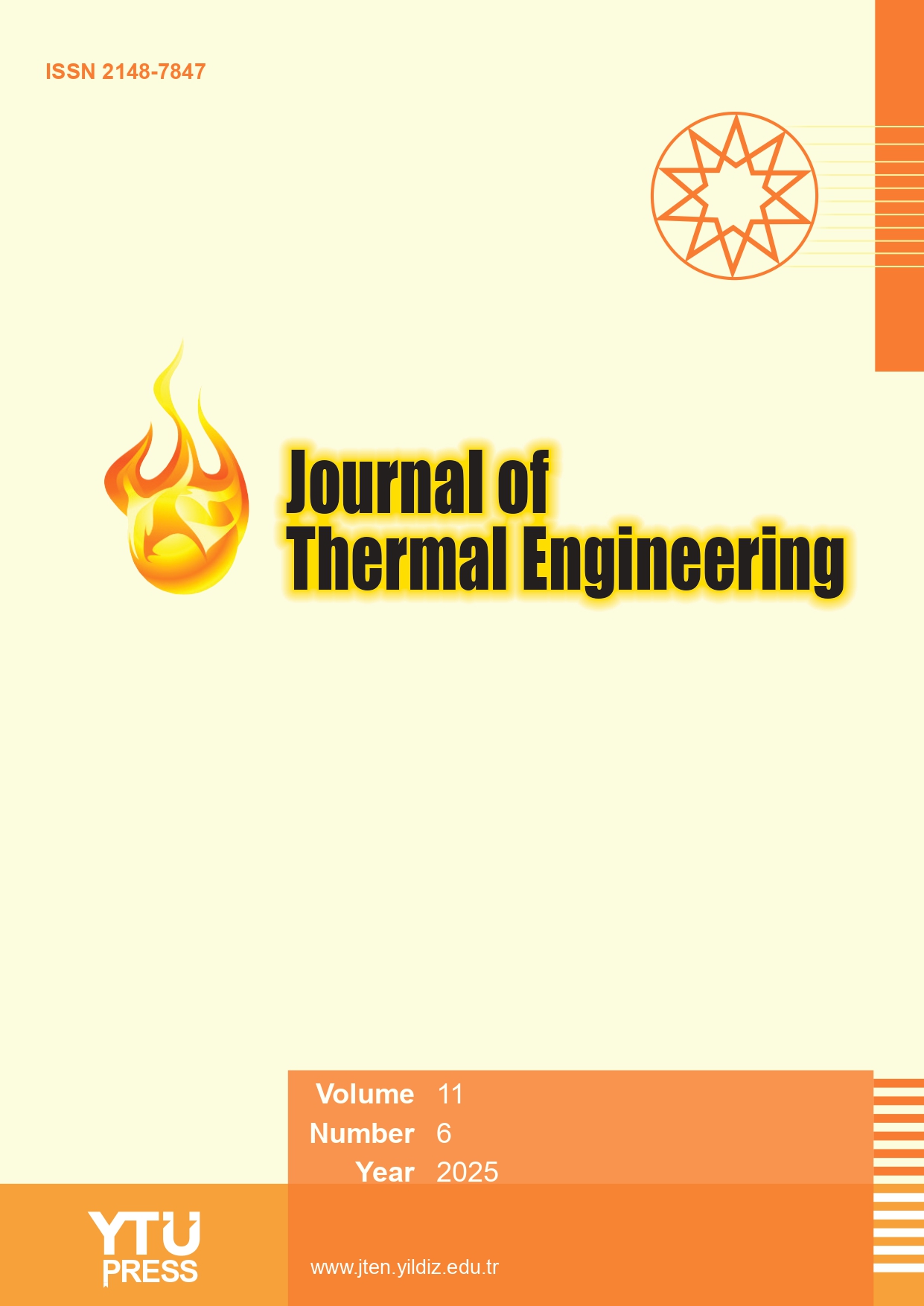2Mechanical Engineering Department, Federal University of Agriculture Abeokuta, Nigeria
3Architecture Department, University of Lagos, Akoka-Yaba, Nigeria
Abstract
In many developing cities around the world, the shortage of energy and environmental degradation are currently two vital issues affecting sustainable development. The migration of people from villages to one of Africa’s rapidly growing city Lagos, Nigeria has led to the generation of tons of municipal solid waste (MSW) daily. This is one of the important contributors to environmental degradation. Harnessing the useful potential of MSW for power generation adopting the incineration technology will enhance the intermittent power supply and also help with waste management, which has threatening effect on the populace. Therefore this paper focuses on energy stored in waste generated and the power potential of this MSW through an energy recovery method to generate other forms of energy for use has an alternative energy. From the waste characterization exercise, the main components of the Lagos MSW were found to be food, metal and plastic; making the average moisture content of the MSW high. It was illustrated from analysis that a high power potential of over 10,000 MW can be obtained adopting the incineration process, starting with data from 2016 with an exponential increase over the years.



















